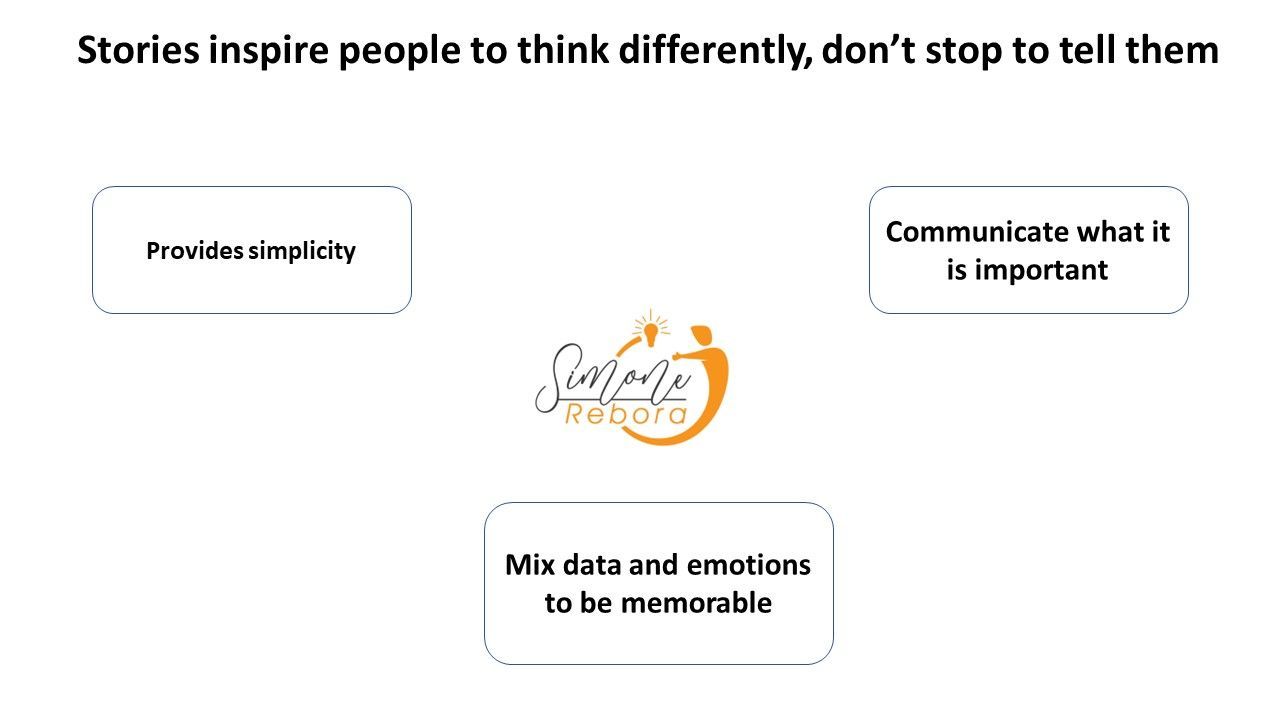STORYTELLING IN PHARMA AS NEW MANTRA_part 2
Storytelling in healthcare marketing is a tool that allows you to tell a story using sensory language presented in a way that enables listeners to internalise it, understand it and create their own meaning. Your customers do not buy your product or service. They buy the emotion you make them feel.

Storytelling as Healthcare & Medical marketing strategy
The pharmaceutical industry, as we well know, is highly regulated and restricted, facing an enormous challenge: health care consumers.
Pharmaceutical companies have always faced challenges in attracting the attention of patients, such as being their default drug of choice in the face of so many barriers to prove their product is good, with advances in technology people have changed the way they approach their health. The pharmaceutical industry today focuses more on educating and sensitising patients about diseases and how to prevent them, as opposed to the old product-focused health marketing strategy.
Today's pharmaceutical industries have become more personal with their patients, if your content does not appeal to the audience emotionally, you will lose their attention; content must provide meaning and relevance.
Emotion as the protagonist in a healthcare marketing strategy
People are attracted to stories because they have meaning and create an emotional impact. Good stories can produce powerful results for brands by connecting with people through values, ideas and lived experiences. Virtual reality in medicine exists to help us achieve this.
What is storytelling in healthcare medical marketing?
Storytelling in healthcare marketing is a tool that allows you to tell a story using sensory language presented in a way that enables listeners to internalise it, understand it and create their own meaning. Your customers do not buy your product or service. They buy the emotion you make them feel.
In a health marketing strategy, any medium can be used to tell a story, including video, e-mail, social channels and case studies. However, each medium provokes a different reaction from the audience.
In our case, through videos, we can offer the customer the experience of experiencing more closely how a disease develops, how it is observed, how the medicine we use works in our body and a number of other processes.
WHAT DOES STORYTELLING AS A PHARMA CONTENT MARKETING TOOL CONTRIBUTE?
Storytelling allows you to connect with the customer/patient on an emotional level through the stories that are told; a story always has a purpose and through it you can make a more detailed explanation either of the disease (which helps a lot to understand people and the disease they are experiencing), or of some experience with the disease by a patient (it can provide support to people who suffer from the disease and do not feel alone), or of a medical device (how it was used, mistakes, benefits, who can use it) .... Storytelling can be adapted to the needs and objectives of each company.
3DforScience believes that stories help inspire people to think differently and engage their senses and minds. They don't just hear the stories, they experience them. This creates a real connection between the company and the patient.
Why does storytelling matter in marketing?
It provides simplicity
Expressing information as a narrative condenses a complex situation down to its essentials. Concentration adds power without necessarily taking anything away. The novelist Ernest Hemingway once won a bar bet on who could write the shortest story, with an article of only 6 words: 'For sale: children's shoes. Never worn'. But those few words express an entire story and have a great emotional impact.
It focuses on what’s important
Storytelling is a lens that identifies and magnifies what really matters. This is crucial in marketing, where we often struggle to select key brand attributes and market factors. Once you have decided what to focus on, it is easier to organise the facts and link cause and effect to support decision-making.
It provides meaning
The search for meaning is a fundamental human need. The Uses of Enchantment, a book by Bruno Bettelheim, concludes that the psychological purpose of folk tales is to help us make sense of the world. Stories can help us understand the forces that motivate people and guide events, and come to terms with the randomness of life.
It provides emotional engagement
Marketers have long known that emotional arguments are more persuasive than rational ones, even in people who consider themselves rational. This is supported by cognitive psychology and behavioural economics, which show that most of our decisions are based on emotions, which are then justified with logic. Information is more effective if it is affective. Fortunately, healthcare brands have enormous emotional capital, which can improve or even save people's lives.
It is more memorable
When we absorb information, we are more likely to retain ideas when they are presented in the form of stories. If you have read the Bible, you will probably struggle to remember all the things about who begat whom, but you will remember the parables and stories, such as Noah's Ark, David and Goliath and Jonah and the whale. Linking topics together like a story or a journey is also a recognised mnemonic technique that helps us to fix facts in our memory.
Stories are universal. They cross cultures and disciplines. The Golden Bough, a comprehensive study of myths and religions from around the world, found that the same basic stories and creation myths recur in different and geographically distant cultures. This is echoed by more recent studies that conclude that in all art and literature, there are only about nine basic plots. All other stories are variations on these themes. It seems that we are all wired, or perhaps wired, to look for similar patterns of events and behaviour and respond to the same ideas and themes.
KEY TAKE AWAYS
1. Provides simplicity
2. Communicate what it is important
3. Mix data and emotions to be memorable
Stories inspire people to think differently, don’t stop to tell them



